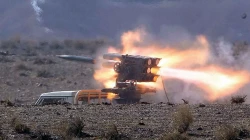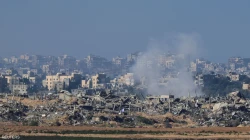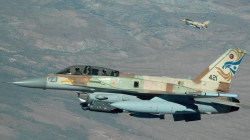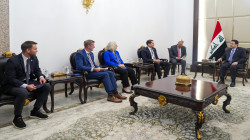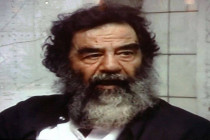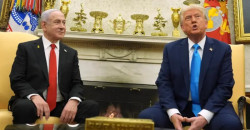Iran to delay retaliation against Israel, allowing ceasefire push, officials say
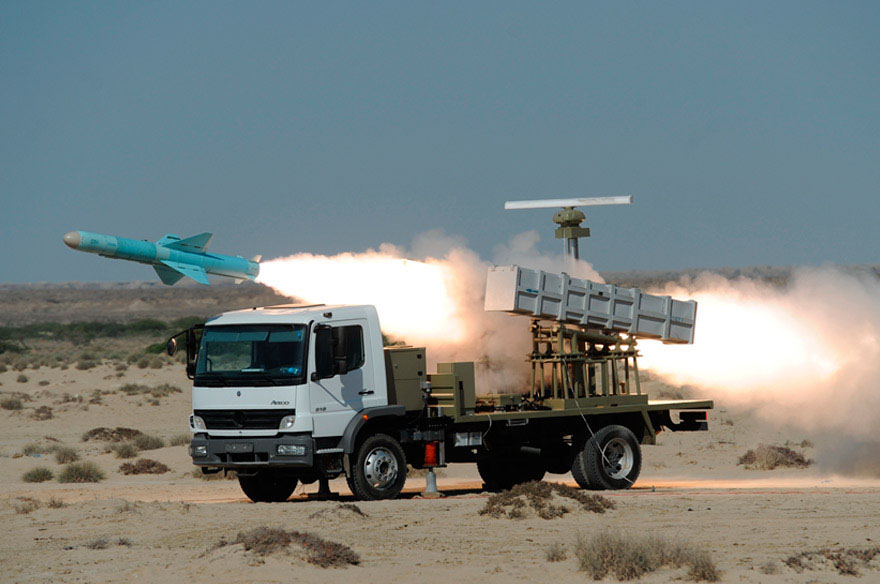
Shafaq News/ Iran is expected to postpone planned reprisals against Israel for the assassination of the top Hamas leader Ismail Haniyeh in Tehran, giving international mediators a crucial window to push for a ceasefire to end the ongoing war in Gaza. US, Iranian, and Israeli officials told the Newyork Times on Friday.
For over two weeks, the region has been on edge, anticipating Iranian-led retaliation for the assassination of Haniyeh and Fuad Shukr, a high-ranking commander in Hezbollah.
Senior officials from the United States, Israel, Egypt, and Qatar convened in Doha for a second day of talks aimed at bridging the remaining gaps between Israel and Hamas. Following the discussions, the United States, Egypt, and Qatar issued a joint statement announcing the presentation of a "bridging proposal" to both parties. The officials will reconvene in Cairo before the end of the following week to continue negotiations.
According to the Times, the timeline of the ceasefire talks has reportedly influenced Iran's plans for retaliation, although it remains unclear how this will impact Iran's strategic calculations.
After the first day of talks concluded on Thursday night, Qatari Prime Minister Mohammed bin Abdulrahman Al Thani contacted Iran's acting foreign minister, Ali Bagheri Kani. Al Thani urged Iran to avoid any escalation while ceasefire talks were underway in Doha, Iranian and other officials familiar with the conversation who requested anonymity due to the matter's sensitivity, told the Times.
By Friday, Israeli intelligence assessed that Hezbollah and Iran had reduced the alert level of their rocket and missile units, according to five Israeli officials speaking to the Times. Israel now believes that the anticipated Iranian-led response, already delayed several times, will occur later, though officials warned that their assessments remain fluid as events evolve.
Al Thani and Kani spoke again on Friday after the Doha talks ended, emphasizing the need for "calm and de-escalation in the region," according to a statement from the Qatari foreign ministry.
Hamas refused to join the latest round of discussions, dismissing them as a delaying tactic by Israeli Prime Minister Benjamin Netanyahu. According to sources familiar with the situation, Hamas officials indicated a willingness to reengage with mediators if substantial progress was made during the summit.
In recent weeks, Netanyahu has toughened Israel's stance, including demands for Israeli troops to remain on the Gazan side of the border with Egypt to prevent Hamas from rearming.
Since October 7, the Israeli aggression has resulted in the deaths of 40,000 Palestinians, mostly children and women, according to the Hamas-run health ministry.
